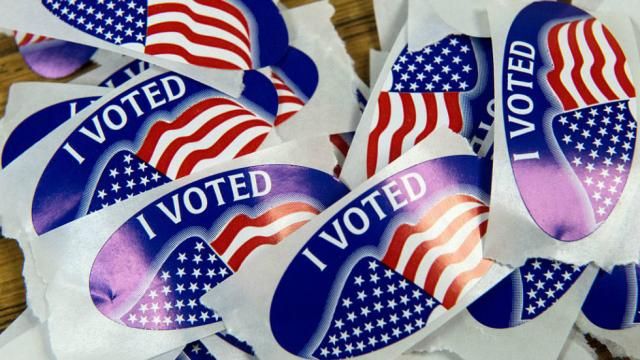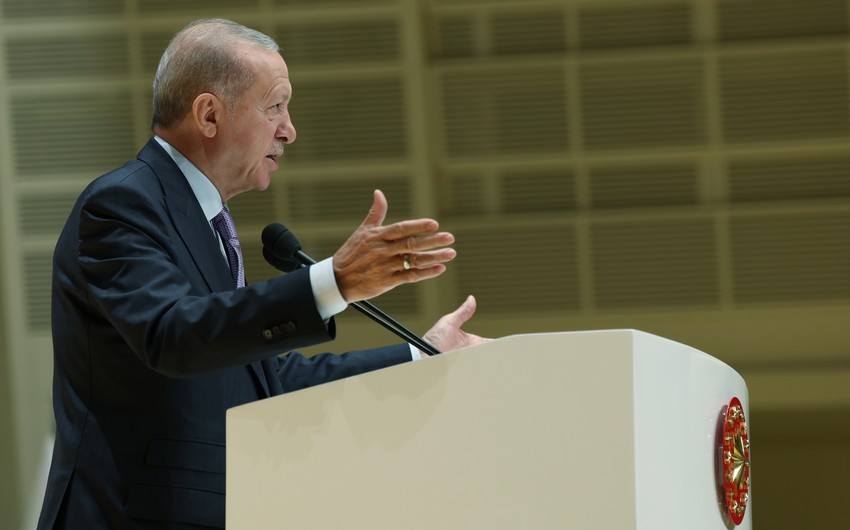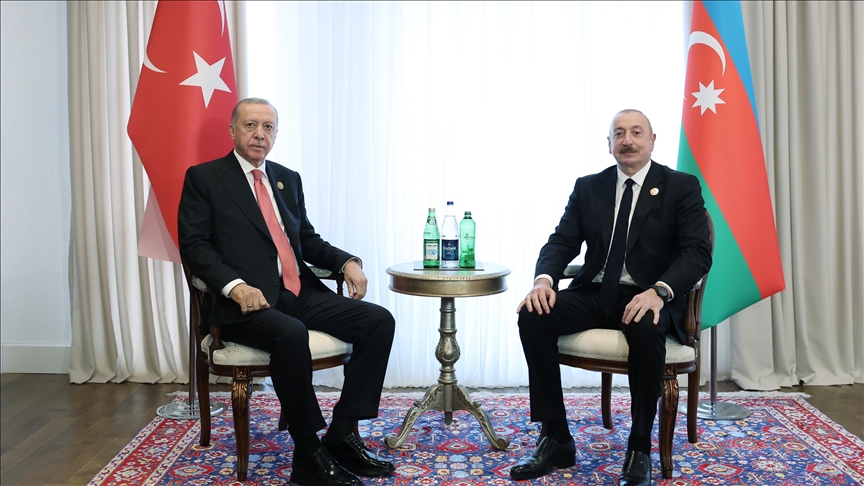Three top Idaho Republicans spent almost $6 million and up to 14 months campaigning to become the state’s next governor. When the primary results came in last week, GOP voters still seemed almost equally divided.
All three candidates – Lt. Gov. Brad Little, U.S. Rep. Raul Labrador, and entrepreneur Tommy Ahlquist – earned more than a quarter of the vote. None of them came close to 40 percent.
Little earned the nomination, but supported by just over 37 percent of Idaho Republicans. In this ruby red state, however, one that has elected just two Democratic governors since the mid-1940s, winning the Republican primary is tantamount to winning the general.
Idaho’s next governor will likely be chosen by just over a third of Republican primary voters – the choice of 72,300 voters in a state of 1.7 million people.
There’s a better way to elect candidates – one that ensures the winner of an election has wide, majority support. Ranked choice voting would have guaranteed Idaho primary voters a robust field, real choices, a competitive election – and then a victor that everyone could rally behind.
It works quite simply: If a candidate earns 50 percent in the first round, he or she wins. But if no one wins a majority, the candidate with the fewest votes gets eliminated, and those votes are instantly redistributed to the voters’ next choice. The “instant runoff” continues until the winner captures a true majority.
In Idaho, then, Ahlquist voters wouldn’t have been spoilers or even feared playing that role. Instead, once the successful businessman was out of the running, his backers would have decisively pushed one of the two finalists over the top and into the November election with an actual majority rather than a weak plurality.
Ranked choice voting is on the move nationwide. Next month, Maine breaks new ground as the first state to use it to select nominees for governor and Congress. Voters demanded a new system after nine of the last 11 races for governor there resulted in a winner with less than 50 percent.
Also in June, San Francisco – one of the dozen cities nationwide that use RCV – will elect its next mayor with this innovative approach. It has changed the very nature of campaigning in a city that, like the state of Idaho, is dominated by one party. Candidates must reach out to everyone; it’s not enough to have the biggest niche base. Two leading contenders actually endorsed each other, a sign of the elevated tone and civility that RCV rewards and recognition that voters can like more than one candidate.
In a ranked choice election, it’s harder to run against “Cocaine Mitch” McConnell, as Don Blankenship did in West Virginia’s U.S. Senate primary earlier this month, and turn an enraged base into a plurality win. GOP officials were so concerned that Blankenship’s scorched-earth campaign would attract just enough votes to win a three-way race that President Donald Trump intervened and beseeched the state’s Republicans to choose anyone but the coal baron who served a year in prison after 29 workers died in one of his company’s mines.
Had those voters been able to rank their choices, however, the Blankenship scare goes away. In a multi-candidate race, every voter still gets heard — but the candidate with the widest support wins.
Indeed, the untold story of this primary season has been the number of races won by candidates far south of 50 percent.
In West Virginia’s 3rd Congressional District, Carol Miller topped a seven-candidate Republican field — and claimed victory with merely 23.8 percent. Miller won fewer than 9,000 votes and couldn’t collect the backing of more than a quarter of her party — but will be the favorite to head to Washington from a district that re-elected the Republican incumbent in 2016 with two-thirds of the vote.
In North Carolina, incumbent Walter Jones will be the GOP nominee in the Third District once again — even though 57 percent of Republicans would prefer to see another candidate.
Neither major-party nominee for lieutenant governor of Pennsylvania cleared 50 percent last week. Seven congressional primaries there were won by candidates with less than majority support – including two winners in the 20s. In Indiana, meanwhile, six of the major-party winners in U.S. House primaries last week claimed victory with less than 40 percent of the vote. Back in Idaho, Republican nominees earned 43 percent in the first congressional district and just 28.9 percent in the lieutenant governor’s race.
There’s no need for this. We can, and must, do better. We desperately need elections where the conversation includes everyone. We need politicians who feel responsible to everyone, not just the extreme base that elected them. And at a time when so many people want to run for office, but uncompetitive districts make lower-turnout primaries the decisive race, genuine majorities matter more than ever.
Plurality primaries stymie majority will and help create dysfunctional government. Ranked choice voting is the genuine non-partisan solution. At a time when the best-seller list is filled with books about how democracies die, ensuring that our winners have the support of at least 50 percent of all voters just seems like common sense.










